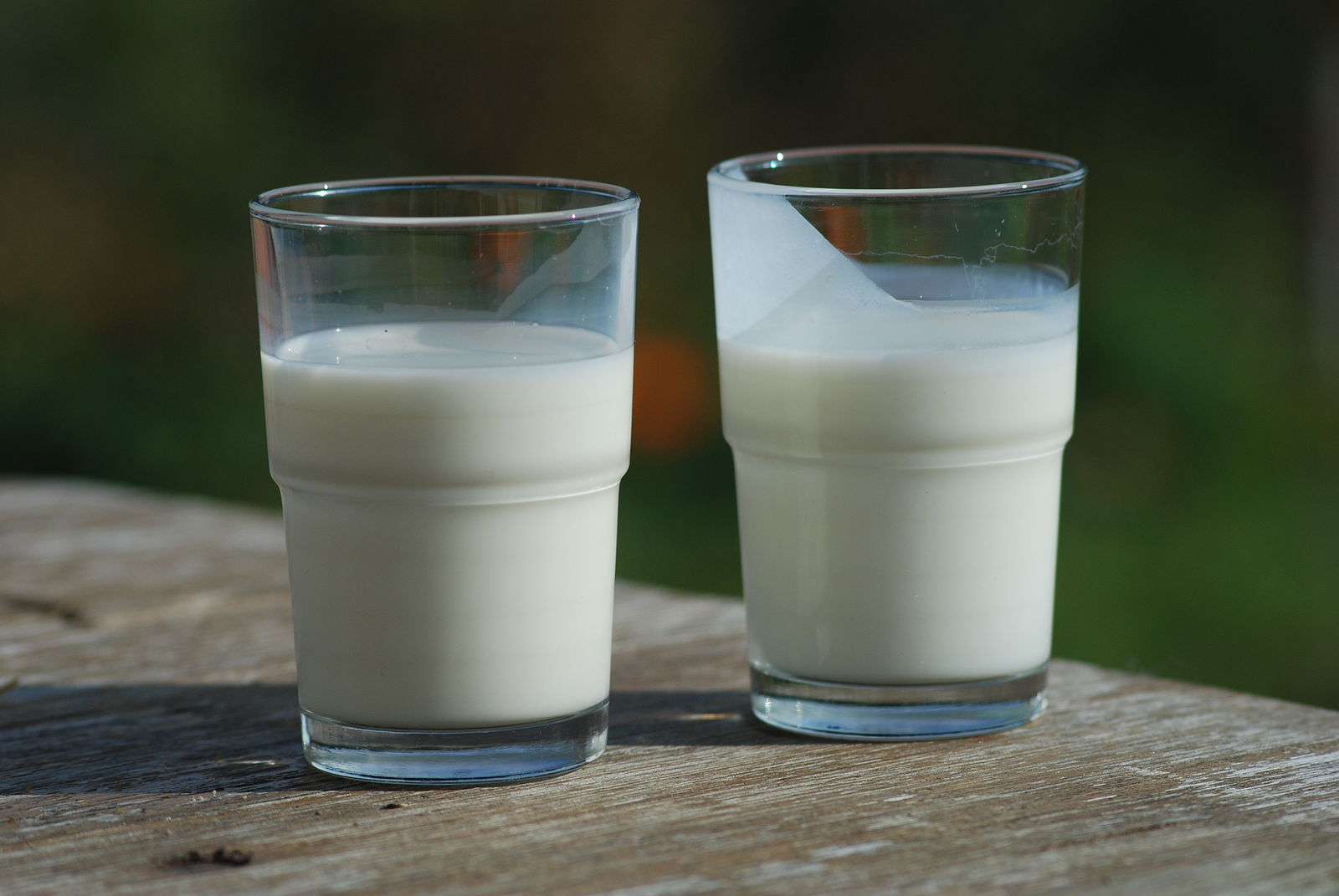There is a lot of controversy surrounding dairy consumption, with extensive research on both sides of the spectrum. While consumption in moderation may not be terrible, most people consume way more than they should. In fact, many doctors, scientists and other nutrition specialists are beginning to advise people to steer clear from dairy altogether.
Dairy is highly acidic. These acids can cause calcium deposits to build up which can potentially cause or worsen arthritis and chronic inflammation. Plus, even though dairy contains a decent amount of calcium, many plant based sources are healthier. You may remember being told that the only way to prevent bone diseases like osteoporosis is to drink more milk. However, this was the result of the widespread “Got milk?” campaign and fear-based marketing strategies. Many studies recently conducted have actually shown that dairy either has no effect on protecting bones against disease or possibly even a detrimental effect, increasing the risk for bone diseases. Dairy consumption has in fact been linked to the increased risk of many diseases and forms of cancer including breast, colon, prostate and testicular.
One of the first parts of the body to suffer from dairy is the skin. Dairy is very hard for the body to digest (especially for those who are on the spectrum of lactose intolerance) and therefore it causes cells to age faster, including skin cells. The skin, being the largest organ in the body, is indicative of overall health. If your skin is severely unhealthy, chances are your body is too. Dairy consumption can cause negative effects like acne, redness/blotchiness and overall dull skin.
Another harmful effect of dairy is that it increases hormone levels when consumed. The most prominent of theses hormones is known as IGF-1 or Insulin-like Growth Factor-1. If you think about it, the true purpose of cow’s milk is to cause a 60 pound calf to grow into a 600 pound cow in the span of less than a year. So while IGF-1 promotes some healthy aspects of growth, it also can promote unhealthy growths when consumed in high quantities, including cancerous tumors/masses and of course, the aforementioned accelerated aging. When applying this knowledge to human consumption of dairy, it really doesn’t make much sense to consume it at all.

The dairy industry is extremely hard on the animals as well. Only female cows can produce milk, so most male calves born are slaughtered and sold for veal. It’s estimated that over 21 million male calves are slaughtered globally each year. Biologically, female cows (like humans) can only produce milk when they have a calf. Therefore, female cows are repeatedly bred to keep producing milk and calves are separated shortly after birth. Cows form incredible social bonds, so naturally the separation of the calves from their mothers is very detrimental to the animals’ health.
In addition to both yours and the animals’ health, the environment also suffers from the effects of the dairy industry. In the United States alone there are an estimated 270 million dairy cows. Cow manure as well as the processing of dairy products themselves, is partly responsible for the increased levels of CO2 from greenhouse gas emissions. Not only do we breath these gases in, but the waste and chemicals used in dairy production is often dumped back into local water sources.
Overall, it is up to consumers whether or not they want to support the dairy industry and protect their health. While there are some nutritional benefits of consuming dairy, those same nutrients and minerals can be found in plant based sources for less calories and less environmental impact. Do your own research and determine if eliminating dairy from your diet is the right choice for you.


